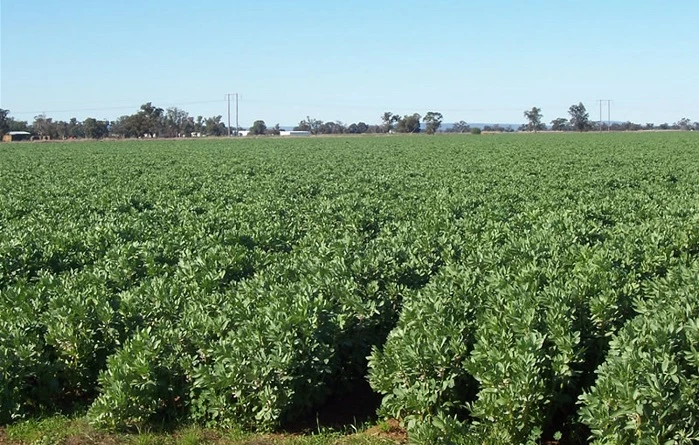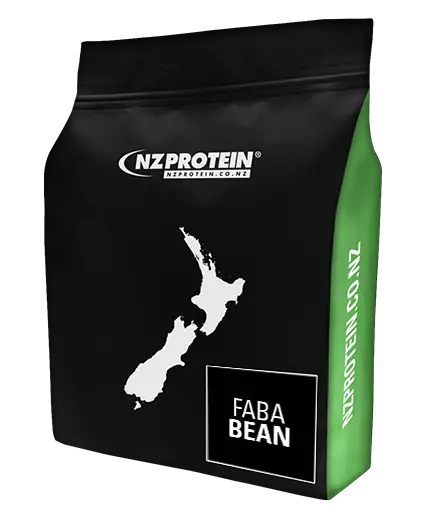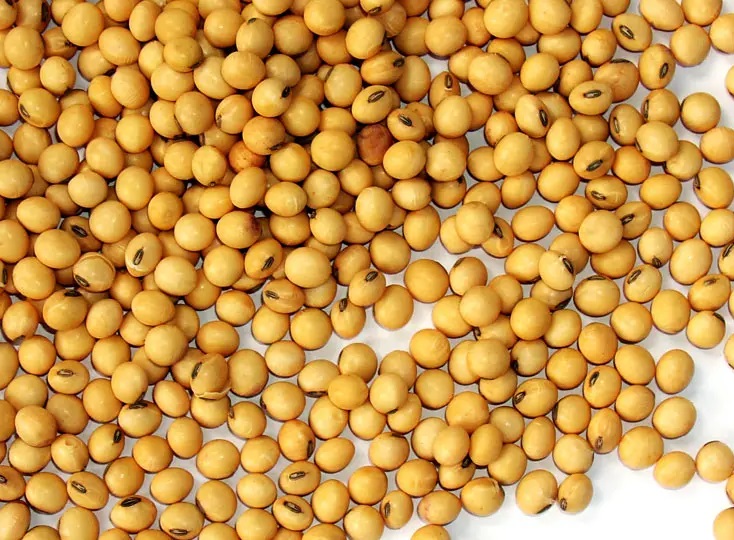
In recent years, the demand for plant-based protein powders has surged as more people embrace vegetarian, vegan, or flexitarian lifestyles. Among the plethora of options available, two contenders stand out: faba protein and soy protein. In this comprehensive guide, we'll delve into the similarities, differences, benefits, and potential considerations of these two plant-based protein powders.
Understanding Faba Protein and Soy Protein
To start, let's break down the basics of faba protein and soy protein. Faba protein, derived from faba beans, offers a rich source of protein with a complete amino acid profile. These beans have been consumed for centuries, particularly in regions like the Mediterranean and Middle East. In recent years, they've gained attention for their nutritional benefits and sustainable cultivation practices.

On the other hand, soy protein is extracted from soybeans, which have been a staple in Asian diets for thousands of years. Soybeans are highly versatile and can be processed into various forms, including tofu, tempeh, and soy milk. Soy protein isolate, a concentrated form of soy protein, is commonly used in protein powders and food products due to its high protein content and minimal carbohydrate and fat content.
Nutritional Comparison
When it comes to nutritional content, both faba protein and soy protein offer impressive profiles. Faba protein boasts a high protein content, typically around 80-90% by weight, making it comparable to other plant-based protein sources like pea protein and rice protein. In addition to protein, faba beans are rich in essential nutrients such as fiber, iron, magnesium, and folate, making them a nutrient-dense choice for consumers.
Soy protein, meanwhile, is recognised for its rich concentration of protein, often exceeding 90% protein by weight in its isolated form. However, it's worth noting that soy protein has been a topic of controversy among male athletes due to concerns about its potential to increase estrogen levels. While the evidence is inconclusive, some athletes prefer to avoid soy protein and opt for alternative plant-based protein sources like faba protein to mitigate any perceived risks.

Digestibility and Allergenic Potential
One key consideration when choosing between faba protein and soy protein is digestibility and allergenic potential. Faba protein is generally well-tolerated by most individuals and is considered hypoallergenic, making it suitable for those with soy allergies or sensitivities. The digestibility of faba protein is also comparable to other plant-based protein sources, making it a suitable option for most consumers.
Soy protein, while highly digestible for many, may pose challenges for some individuals with soy allergies or intolerances. Soy allergies are relatively common, particularly among children and adults with a history of allergies or sensitivities to soy products. For individuals with soy allergies or intolerances, faba protein provides a viable alternative that is free from soy allergens.
Culinary Versatility and Taste Profile
Another factor to weigh is the culinary versatility and taste profile of faba protein versus soy protein. Faba protein, with its mild flavor profile, blends seamlessly into smoothies, baked goods, and savory dishes, adding a subtle boost of protein without overpowering other flavors. Faba protein is also available in various forms, including powders, flours, and concentrates, making it easy to incorporate into a wide range of recipes.
Soy protein, with its slightly nutty taste, is commonly used in a wide range of products, including protein shakes, protein bars, and meat alternatives. However, some consumers may find the taste of soy protein to be overpowering or unpleasant, particularly when used in large quantities. Additionally, concerns about the potential estrogenic effects of soy protein may deter some individuals from incorporating it into their diets.
Environmental and Sustainability Considerations
Finally, it's essential to consider the environmental and sustainability implications of faba protein and soy protein production. Faba beans are known for their ability to enrich soil health and reduce the need for synthetic fertilizers, making them a potentially more sustainable option compared to soybeans. Additionally, faba beans require less water and land to cultivate compared to soybeans, making them a more environmentally friendly choice for conscientious consumers.
Soybeans, on the other hand, are often associated with deforestation and intensive agricultural practices, particularly in regions like South America where soybean cultivation is widespread. While soy protein offers numerous health benefits, including high protein content and versatility, consumers may opt for faba protein as a more sustainable alternative that aligns with their environmental values.
Conclusion
In the showdown between faba protein and soy protein, both contenders offer unique advantages and considerations for consumers seeking plant-based protein alternatives. Whether you opt for faba protein for its hypoallergenic properties and mild taste or soy protein for its high protein content and culinary versatility, both options can play a valuable role in supporting a healthy, plant-based lifestyle. Ultimately, the choice boils down to personal preferences, dietary needs, and environmental values.
